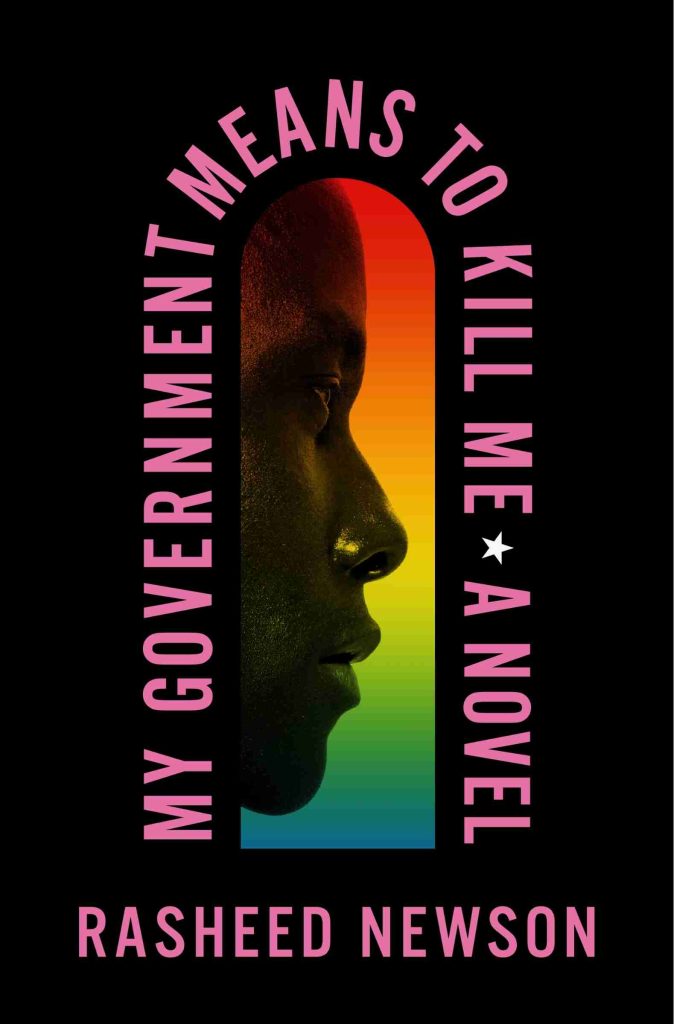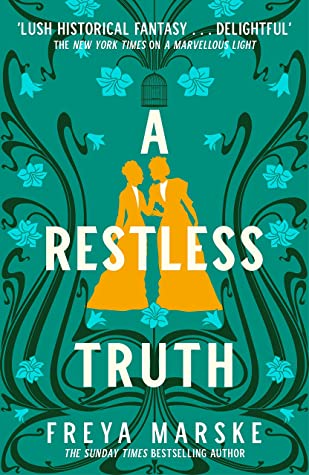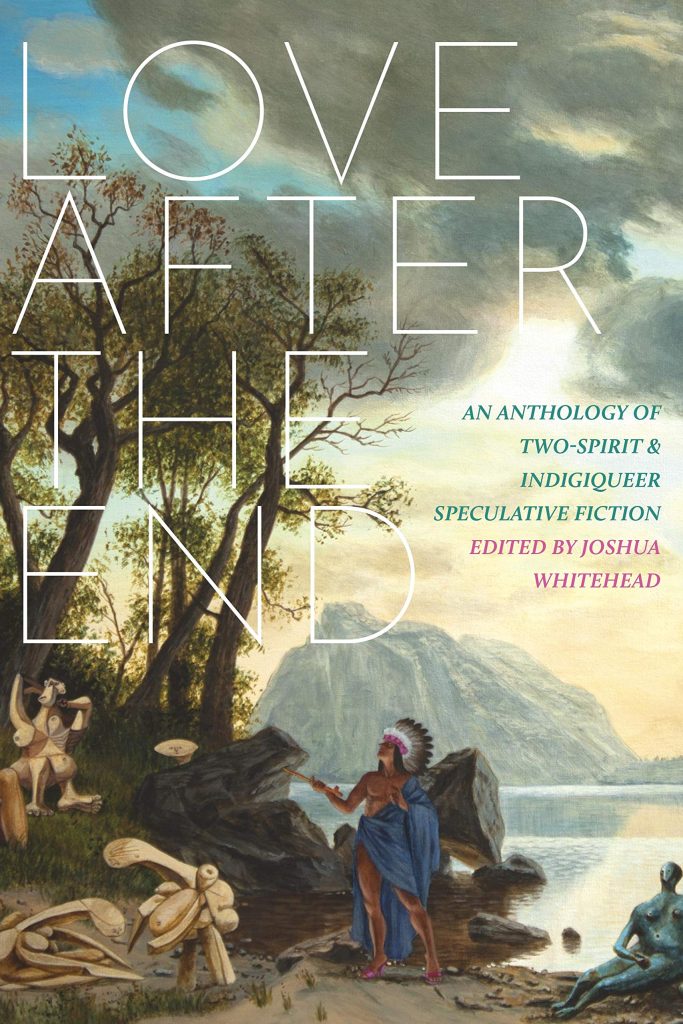
November Reading Challenge: Read A Book by an LGBTQIA2S+ Author
Our reading challenge for November is to read a book by an author who identifies as LGBTQIA2S+. Whether you’re reading outside your identity or within it, it’s always a good time to read books from marginalized voices. But lately it seems particularly apropos to highlight queer authors (I’ll use that as an umbrella term for simplicity’s sake). It’s hard not to be concerned about the storm brewing below our border; book bans (or more accurately, attempts at them) are on the rise, the target of which is largely books with queer themes (and books that deal with race—doubly so if a book contains both, such as George M. Johnson’s All Boys Aren’t Blue). PEN America compiled a detailed report earlier this year investigating these attempts at censorship, for those who would like to learn more. Across the pond we’ve also seen an alarming uptick in transphobic rhetoric, a sort of transphobe-mania gripping the UK, famously spurred on by She Who Must Not Be Named.
Books can be tools for exploring the human condition, tools for advocacy and for empathy, for validation and support—and also, just for fun. In June, Vogue asked “Is this the golden age of queer literature?” While the answer is basically “not really”, it’s still certainly a better literary landscape than in the past. Queer authors have always existed in all genres, though not as openly (or as mainstream) as today. We’ll go over some of these genres paired with some recommendations!
Let’s start with contemporary literary fiction. Andrew Sean Greer is back with Less Is Lost, the follow-up to his 2018 Pulitzer Prize for Fiction winning Less. The first novel follows Arthur Less as he travels around the world to skip out on the wedding of his ex-boyfriend. It’s a novel about aging, love, and lost connections. The sequel takes Less around America and introduces themes of privilege and familial ties to the previous list. Also exploring themes of love from a literary perspective is Akwaeke Emezi, whose You Made a Fool of Death With Your Beauty explores how grief and healing play into Feyi Adekola’s pursuit of love. Michelle Hart’s We Do What We Do in the Dark (not to be confused with What We Do in the Shadows) is an exploration of desire and obsession through a young woman’s affair with a much older, married woman. For a peak into somewhat recent history, Rasheed Newson tackles AIDS-era New York City as experienced by a gay Black man in My Government Means to Kill Me. Fans of poetry can look forward to a new collection by Ocean Vuong. His work is always informed in some way by his mother, and this new collection, called Time Is a Mother, sees Vuong reckoning with her recent death. And Postcolonial Love Poem by Mojave-American writer Natalie Diaz, which won the Pulitzer Prize for Poetry in 2021, deals with “what it means to love and be loved in an America beset by conflict”.
Those looking for a little more comfort in their reads might want to fall into a romantic comedy, a massive corner of the book market which is only becoming more and more diverse. In Kosoko Jackson’s I’m So (Not) Over You, we’ve got ourselves a good old fake dating plot wherein Kian Andrews agrees to accompany his ex-boyfriend to a wedding to keep up appearances—will old feelings arise? Readers can also check out two new sequels to hit books: A Restless Truth is the second installment in Freya Marske’s The Last Binding series (which kicked off with the steamy A Marvellous Light), a romantic fantasy series full of magic and murder; and Alexis Hall dropped his follow-up to Boyfriend Material, aptly titled Husband Material, which plays loosely on a Four Weddings and a Funeral structure. If romcoms borrowing frameworks from beloved 90s movies is your thing, you might want to check out Can’t Resist Her by Kianna Alexander, featuring a sort of You’ve Got Mail-style rivalry between two women.
The speculative fiction, fantasy, and horror genres have always been a way for marginalized writers to safely explore their experiences in alternate settings, and that is no less true today. Love After the End is a collection of short stories written by 2SQ (Two-Spirit and queer) Indigenous authors and set in utopian or dystopian futures. More dystopian fiction: Chana Porter’s The Seep, in which the titular alien entity creates a false utopia for the residents of earth, and one woman’s decision leaves her trans wife devastated. Fans of sci-fi have a wealth of books to choose from as well, from Yoon Ha Lee’s Phoenix Extravagant to the latest installment in Tamsyn Muir’s wild Locked Tomb series, Nona the Ninth. The same goes for fantasy fans! In Vagabonds!, Eloghosa Osunde imagines a Nigeria of magical realism in which certain existences are outlawed, from the queer to the poor to the vulnerable, and in which triumph is resistance. And non-binary author C.L. Polk returns this month with Even Though I Knew the End, a hardboiled detective story set in 1940s Chicago, featuring magic and WLW romance. For readers looking for something a little darker, Manhunt by Gretchen Felker-Martin is a post-apocalyptic adventure that reconfigures the genre to include trans and non-binary experiences. And Julia Armfield gives us an eerie, genre-bending portrait of a marriage altered by some deep-sea force in Our Wives Under the Sea.
Hopefully these titles were enough to get you started! If you’d like some more recommendations, you can always check out our Vaughan Reads page, or reach out to library staff. As always, happy reading!


